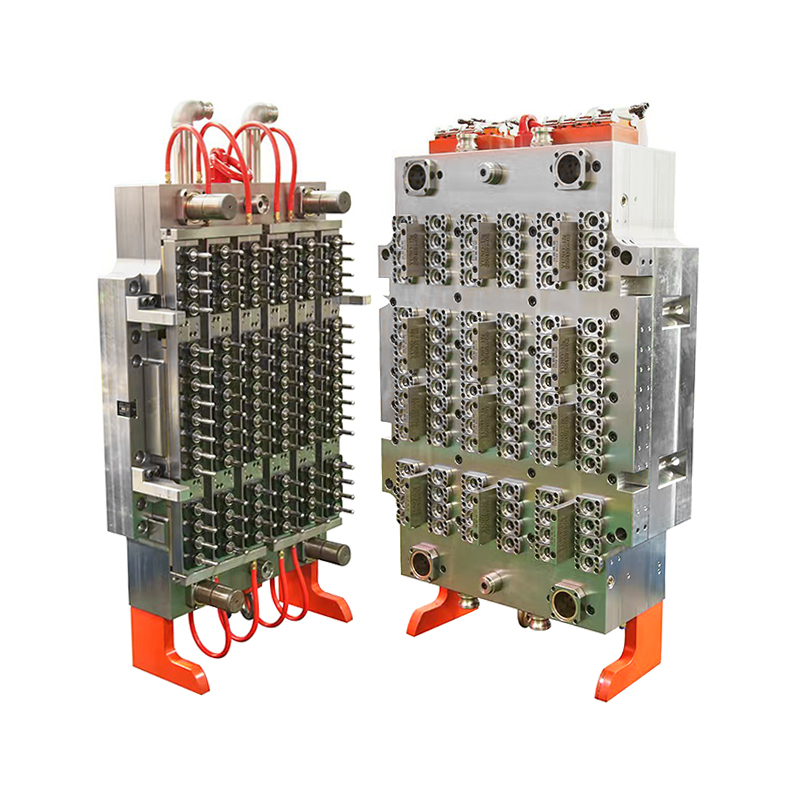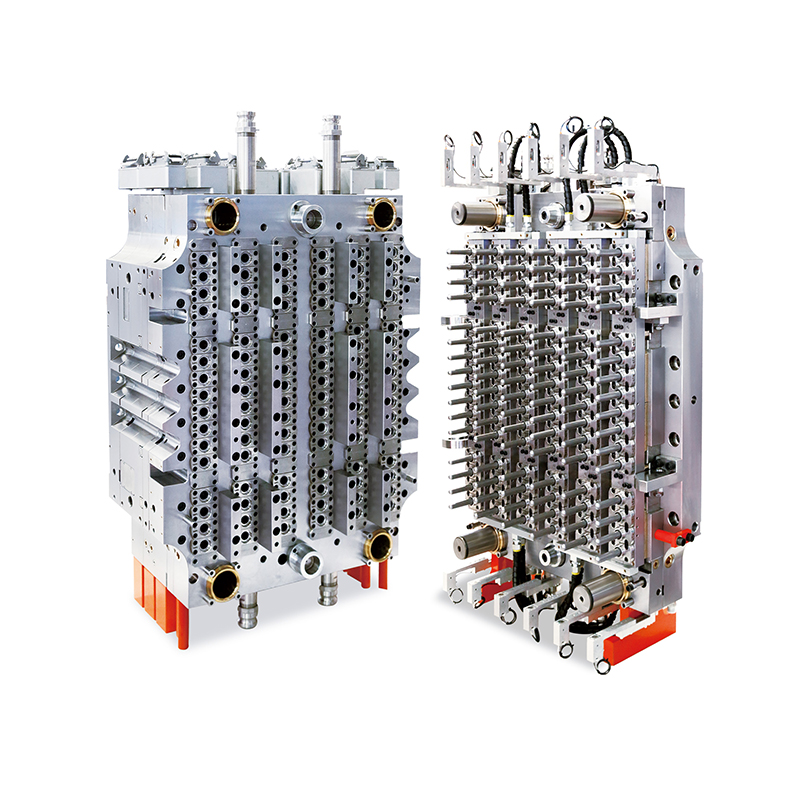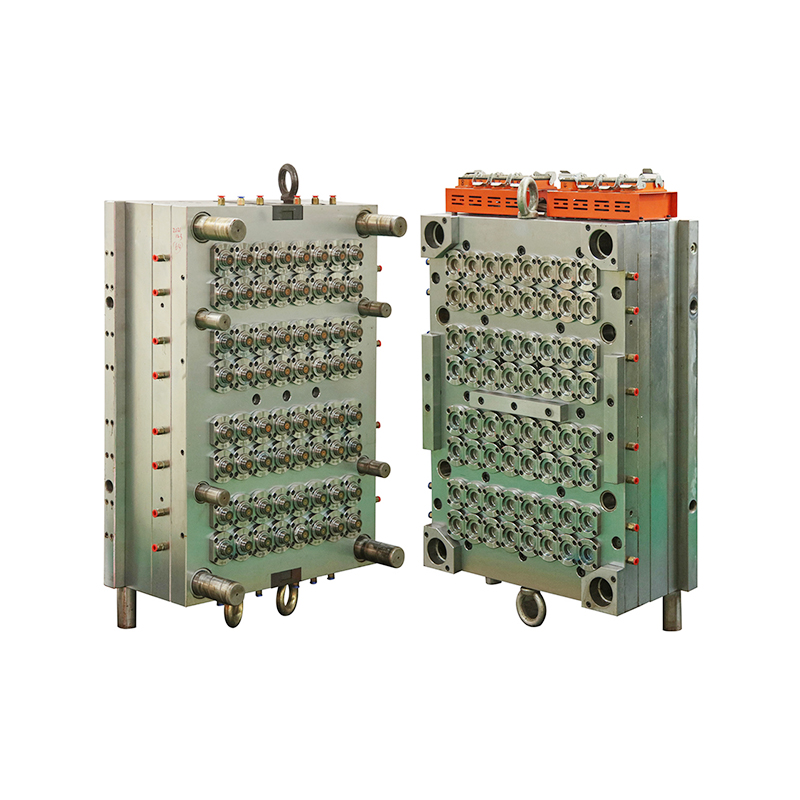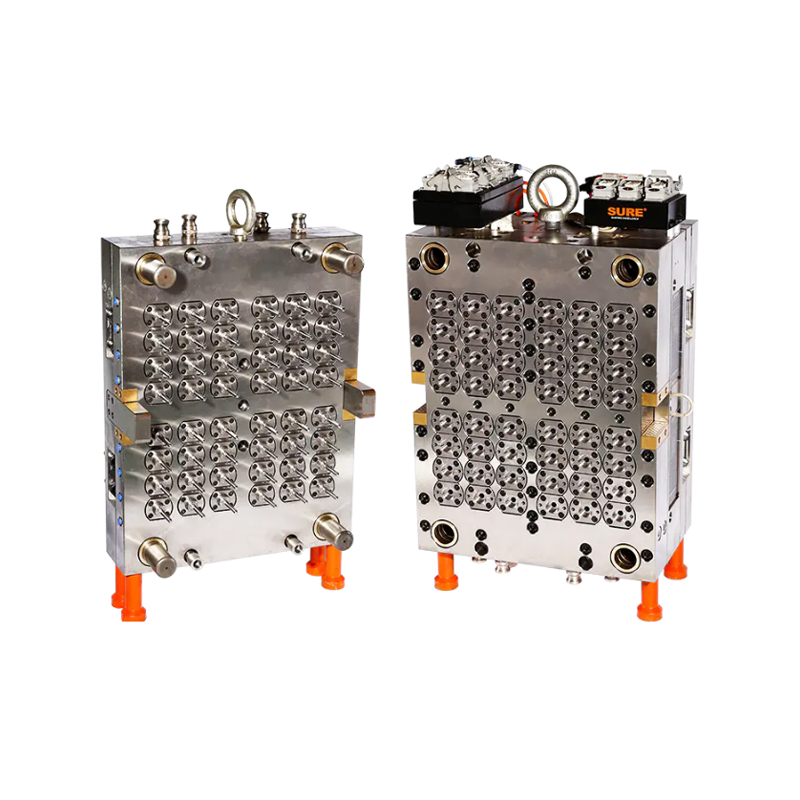No.148 Yongda Road, Jiangkou Street, Huangyan, Taizhou, Zhejiang, China.
As global healthcare systems expand their diagnostic capabilities, the demand for medical consumables continues to soar—particularly blood collection tubes, which are essential tools in routine and emergency testing. To meet this growing demand, manufacturers are seeking production solutions that offer not only high quality but also operational efficiency. the charge in this space is the 24-Cavity Blood Collection Tube Mold, a precision-engineered tool designed to optimize production throughput and reduce manufacturing costs.
This mid-range mold is proving to be solution for medical manufacturers who need to scale up without over-investing in ultra-high-volume equipment, offering a balance of capacity, quality, and affordability that’s reshaping how blood collection tubes are produced.
Responding to Rising Demand in Diagnostics
The healthcare industry is experiencing a paradigm shift as diagnostic testing becomes increasingly vital for public health management, personalized medicine, and preventive care. From routine blood panels to viral detection and chronic disease monitoring, blood collection tubes are used by the millions every day.
This surge in demand puts pressure on manufacturers to increase capacity while maintaining quality and compliance. The 24-cavity mold addresses this challenge by enabling the production of 24 blood collection tubes in a single molding cycle, significantly boosting productivity without overwhelming infrastructure.
Reducing Cost Per Unit Through Process Optimization
One of the primary benefits of the 24-Cavity Blood Collection Tube Mold is its ability to lower the cost per unit through higher output per cycle. By producing more tubes simultaneously, manufacturers can reduce energy consumption, labor costs, and machine wear per tube—all critical factors in cost-sensitive medical markets.
In today’s competitive manufacturing landscape, where margins are tight and regulatory scrutiny is high, the economic efficiency of this mold helps businesses remain profitable while maintaining the strict quality standards demanded by healthcare providers and regulators.

Precision and Consistency for Medical Applications
Blood collection tubes must adhere to tight dimensional tolerances and exacting quality standards to ensure safe use and accurate test results. Even minor variations in tube length, inner diameter, or sealing surface can compromise vacuum levels, interfere with automated analyzers, or risk sample contamination.
The 24-cavity mold is designed with high-precision tooling, ensuring that each cavity produces tubes with consistent wall thickness, smooth internal surfaces, and accurate dimensions. This uniformity ensures compatibility with a wide variety of caps, closures, and labeling systems, helping streamline downstream processing.
Built for Longevity and Cleanroom Compatibility
The demanding environments of medical manufacturing require tools that can withstand high-volume production, rigorous cleaning protocols, and sterilization requirements. The 24-Cavity Blood Collection Tube Mold is typically constructed from hardened stainless steel or specialty tool steels, selected for their resistance to wear, corrosion, and thermal degradation.
Designed for cleanroom environments, the mold supports production under ISO Class 7 or 8 standards, ensuring a sterile or near-sterile output ideal for sensitive diagnostic use. Its durability also translates to reduced maintenance and longer mold life, offering a strong return on investment for manufacturers operating in continuous production cycles.
Supports Multiple Tube Designs and Applications
While commonly used for standard blood draws, blood collection tubes come in many configurations, including EDTA tubes, serum separation tubes, heparin tubes, and glucose tubes—each with unique size, additive, and closure requirements. The 24-cavity mold can be customized to produce a wide variety of tube specifications, making it suitable for diversified medical product lines.
This adaptability also extends to the type of material processed. Whether using PET, polypropylene, or other medical-grade polymers, the mold can be tailored to support different resin flows and cooling characteristics, ensuring optimal output across materials.
Ideal for Regional and Mid-Sized Manufacturers
Large multinational companies may invest in 48- or 64-cavity molds to support high-volume global supply chains. However, for regional manufacturers or mid-sized operations, the 24-cavity configuration offers a more accessible entry point into scalable medical manufacturing.
The mold is especially beneficial for companies located in emerging markets, where local production of diagnostic tools is essential for reducing import costs, strengthening supply chains, and improving access to healthcare.


 英语
英语 法语
法语
















